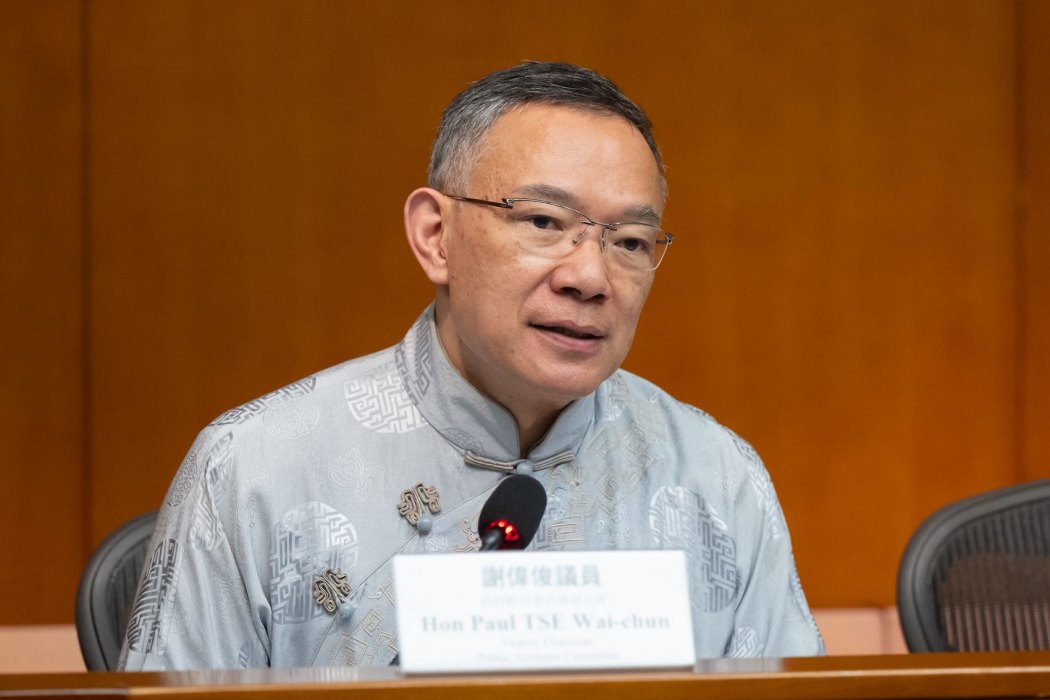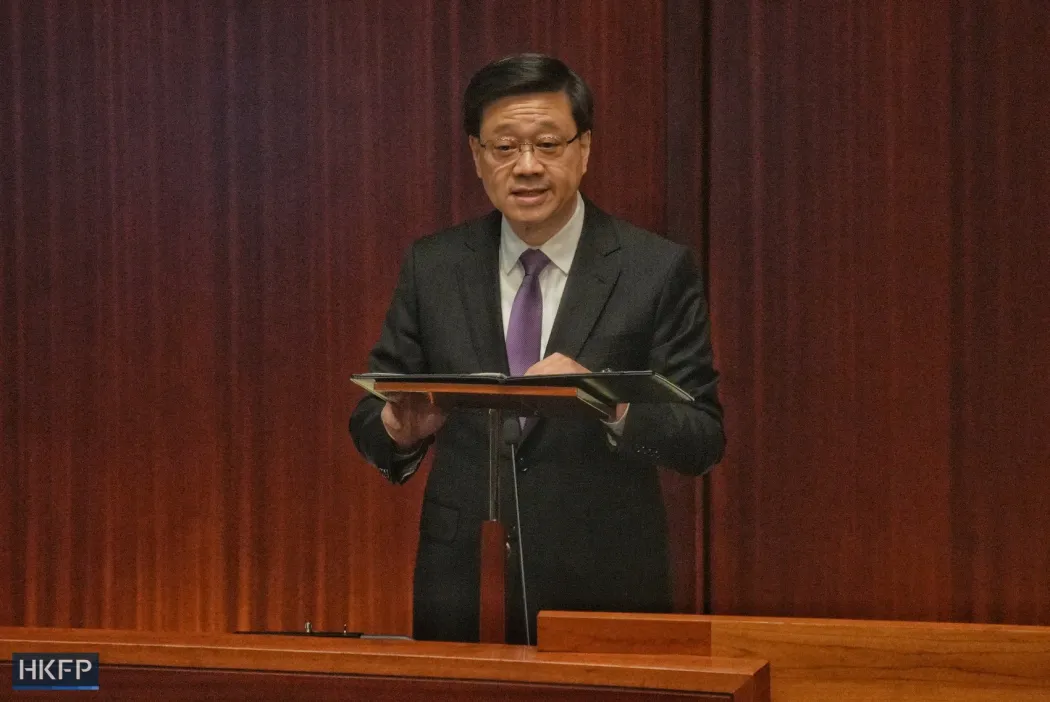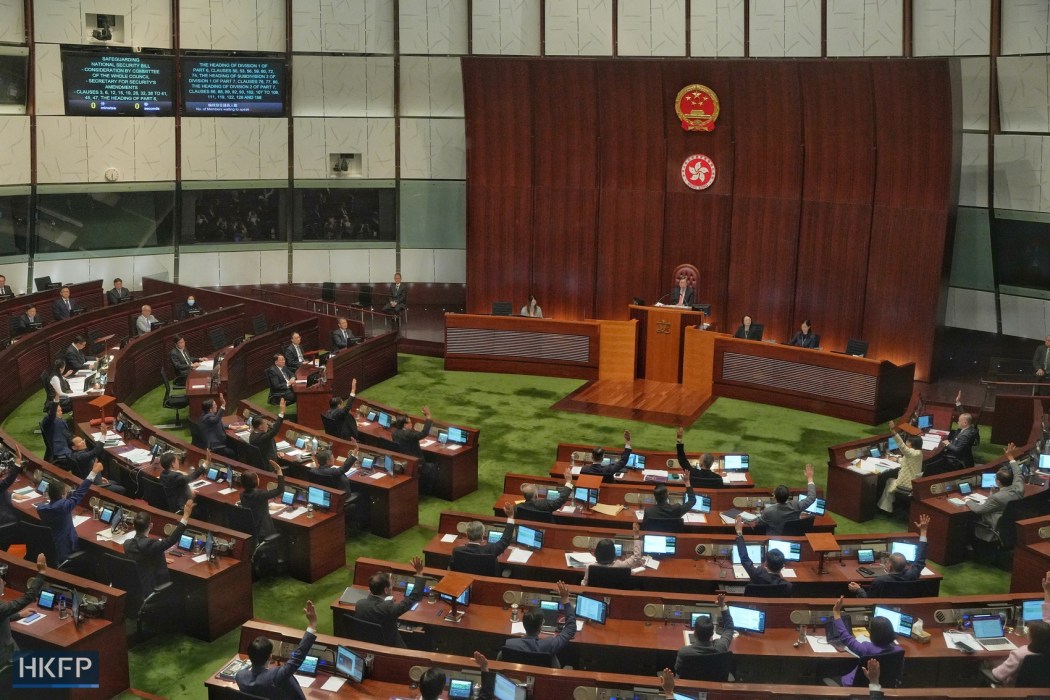A Hong Kong pro-establishment lawmaker who came in for criticism from the city’s leader has deactivated his Facebook page to review its content and delete “sensitive posts,” days after the new domestic security law came into force.
The Facebook page of Paul Tse, who has served as a legislator since 2008, was temporarily suspended over concerns that previous posts would be deemed as “seditious,” local media reported on Wednesday.

As at 3 pm on Thursday, Facebook showed that Tse’s page was not available. The website said that either the page owner had only shared it with a small group of people or changed who can see the page, or the page had been deleted.
Tse, who is also a solicitor, told a columnist for Hong Kong Economic Journal that he decided to shut down his page and check if he had made any “sensitive” remarks in the past. The page will be reopened after all sensitive content is removed, the lawmaker said.
Criticism of gov’t
According to local media, Tse pointed to remarks he made in the Legislative Council in January, when he relayed concerns from Hong Kong residents about government policies supposedly being dictated by mainland netizens’ views. He claimed that some mainland Chinese bloggers had said that “bashing Hong Kong has now become a kind of political correctness.”

Tse also criticised law enforcement actions in Hong Kong as “high-pressure and high-profile” during a separate question and answer session at the Legislative Council in late January. He cited the issuance of fixed penalty parking tickets and penalties imposed on those who obstruct the streets, and plainclothes police who “lurk to catch jaywalkers.”
Chief Executive John Lee later hit back at Tse’s remarks, saying the politician’s wording was “dangerous” and reminded him of that used by the opposition during the 2019 protests and unrest and “soft resistance.”
New security law
Tse was among the “all-patriots” legislators who unanimously supported and approved the Safeguarding National Security Bill last Tuesday. The legislation, required under Article 23 of the Basic Law, officially took effect last Saturday.

Sedition is not covered by the Beijing-imposed national security law, which targets secession, subversion, collusion with foreign forces and terrorist acts and mandates up to life imprisonment. Those convicted under the sedition law – last amended in the 1970s when Hong Kong was still a British colony – face a maximum penalty of two years in prison.
See also: Explainer: What is Article 23? Hong Kong’s new security law
Under the city’s newly-enacted homegrown security law, acts with seditious intention, including the intention to cause hatred or disaffection against the local and central authorities, are punishable by up to seven years behind bars.
The legislation stipulated that expressing an opinion with the intention of improving the constitutional order, or pointing out an issue with a view to improving matters, would not be deemed as acting with a seditious intention.
Support HKFP | Policies & Ethics | Error/typo? | Contact Us | Newsletter | Transparency & Annual Report | Apps
Help safeguard press freedom & keep HKFP free for all readers by supporting our team
























